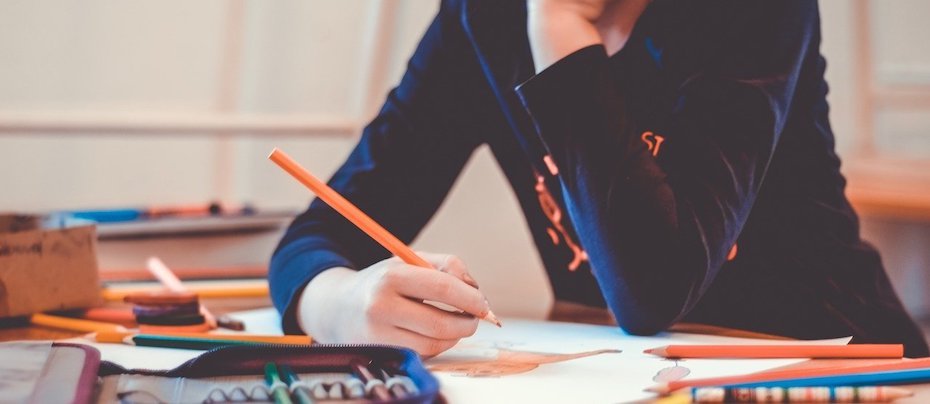Children are beginning to return to school, and they need to. Not just vulnerable children, and not just for the ‘learning’ and the ‘curriculum’ that they are missing out on.
They need to return because they are children: inquisitive, sociable, stimulation seeking, sponge soakers of experiences, developing little people. Childhood development cannot be paused, ignored and then revisited at a later date. It is continuing for every child, kept home for the safety of the nation, but deprived of the essential elements for that development.
Schools are unique
Schools, particularly primary schools, are not just places children go to receive the delivery of a curriculum. They are places which by their very nature meet the varied needs of children. They are the places where from the age of four, children meet the world, begin to experience and explore and learn in a myriad of ways which can’t be replicated at home.
Schools, just through being dynamic busy environments, provide children with a rich cocoon of language and stimulation which feeds their hunger for discovery that drives the development and natural learning of a child. This vital learning embedded within the fabric of what school is, and what it provides, has been missed by every child out of school.
The learning that happens in school
Schools provide constant novelty for a child to explore, challenge, problem solve, experiment with, fail and recover, become resilient, understand others, understand how groups work, understand deep and special friendship bonds, experience the pain of rejection, the kindness of others, the kindness of themselves, how different they might find they are with different people, that different adults approach things differently, the wonder that teachers are grown-ups at work, but also have a home and family like they do, that not everyone is like them, or their family, that they sometimes have to do some things they don’t like, that they’ll be OK, that other children have ideas, and games, and interests that they’ve never come across before, that they need to negotiate, or avoid, or bide their time, or speak up, or help out, or be brave.
For every child, every day they are at school, the small and invisible steps of learning about the world and themselves are taking place, and this cannot be transmitted through the internet and delivered in the kitchen at home.
Thinking about the impact of missing school
There has been so much focus in the past few years on child mental health, and yet in the past weeks I have heard little discussion around the impact on the mental health of children from not being in school, or the long term impact of removing so many of those essential elements we know they need to thrive.
We do not know yet the impact on confining, separating and removing the vital social learning opportunities that are essential to children’s development and well-being. In truth we will not know the impact of this for years; probably not until these children are adults and begin to tell us. From what we do know about child development, child well-being, and what children need to thrive we could start to take a guess at what the implications could be if children were denied what they need for much longer.
This is not an issue only for those ‘vulnerable’ children. Although the impact on those already disadvantaged, and those with home situations we already know places them at some risk, is the greatest.
For those children with parents at home diligently carrying out home schooling and trying to provide structure to each day, ensuring daily exercise, and thinking of new activities to amuse; are we being honest when we consider what days and weeks only within their homes will have meant for them?
Even for those with the most dedicated parent teachers, formal learning is likely to have been only a few hours a day. Screen time is likely to have increased significantly to allow parents to work with a period of calm and a break from children’s demands. Play mates can only be siblings and social play opportunities have narrowed – although more time to play might prove to have been an overall benefit to well-being. The communal sharing and reciprocation of activities such as sports, music, drama will have disappeared.
School closures have denied a generation of children months of the essential ingredients of childhood. We hope of course the effects will be minimal, and children will be resilient. But given we don’t know that, and what we do know about childhood and what children need to thrive, it is important we are aiming to give children their childhoods back as soon as we are able to. Of course, in a way which is as safe as possible, so gradual and controlled, with measures in place to minimise risk, but with our knowledge of what children need to thrive at the heart of it.

